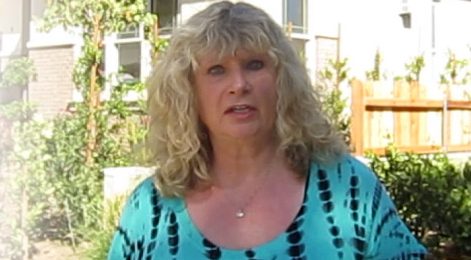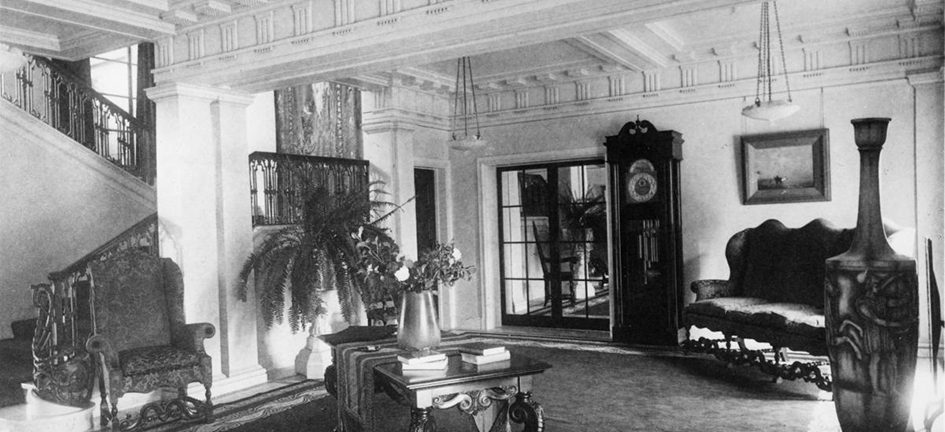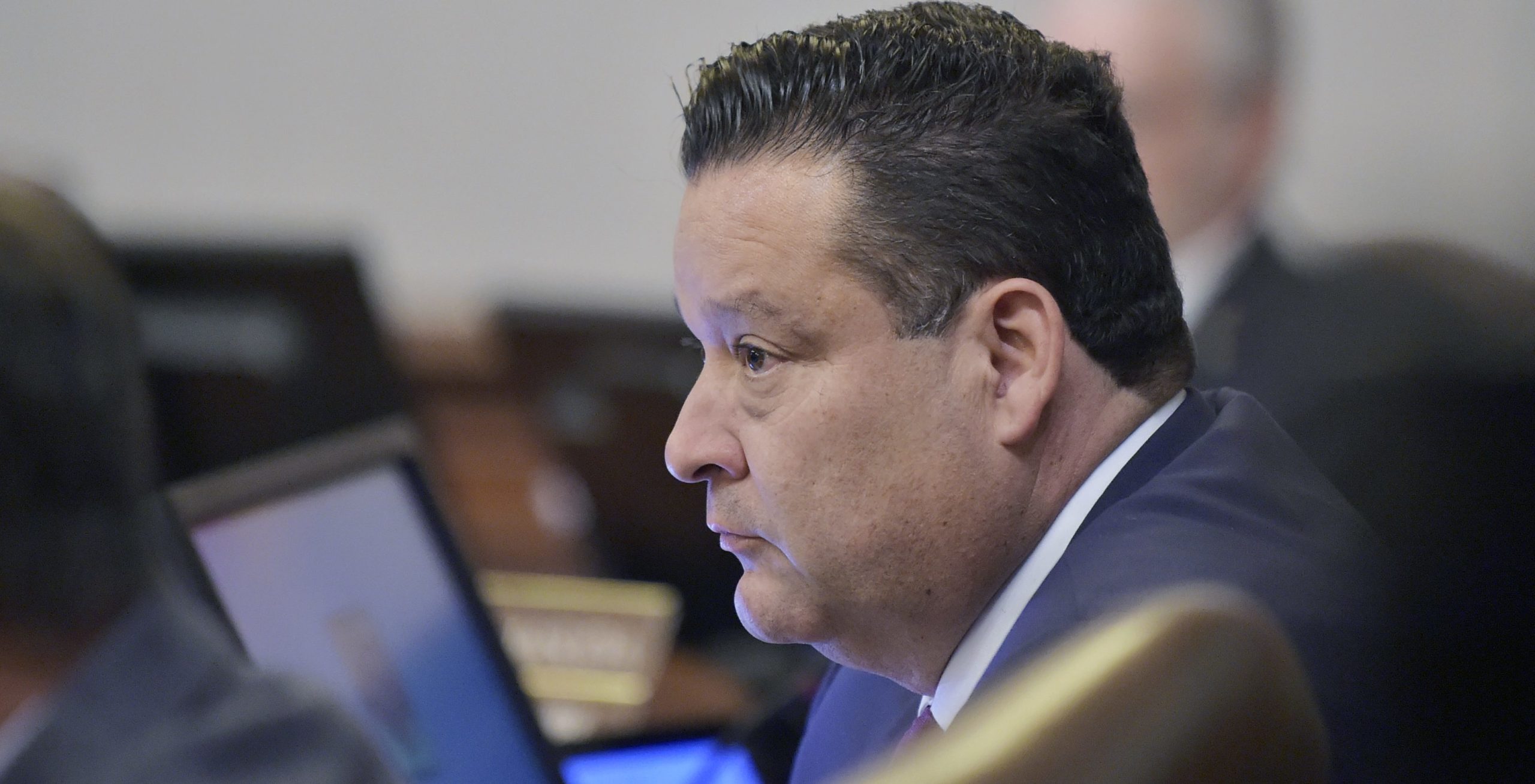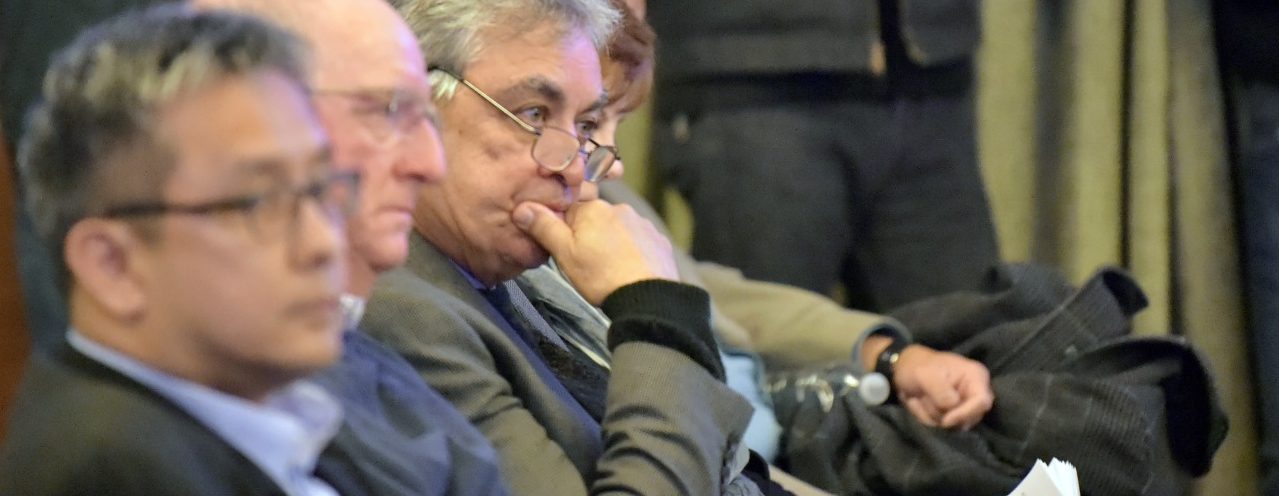By John Orona
Following a boisterous meeting that involved dueling economists and plenty of crowd participation, the Pasadena City Council voted 7-1 to approve continuing a minimum wage increase that will reach $15 an hour by 2020.
The council previously approved the stepped minimum wage increase in 2016 but stipulated that they “pause” the advancement during the third year of the gradual increase in order to study the effects it had on the local economy.
As part of the planned increases, minimum hourly wages will go up a dollar this year to $14.25 before reaching $15 an hour next year. This puts Pasadena in line with Los Angeles and Altadena while staying 18 months ahead of the state’s minimum wage increase timeline.
Several activist groups on both sides of the issue were at the meeting – although the crowd and commenters were decidedly for continuing with the increase – requiring the city to fill two overflow rooms to contain the audience once the council chambers were at maximum capacity.
“I’d like to make it that everyone has the right to be heard and it’s very important that we conduct ourselves in a way that respect of other people’s point of view,” Mayor Terry Tornek announced before the item was taken up for consideration. “I understand that there’s intense feeling on this, but we really can’t tolerate harassment.”
The city hired two economists to compile separate reports on the impact the minimum wage increase had on Pasadena, but as councilmembers noted their presentations revealed to be nearly “antithetical” to one another.
The first economist, Dr. Edward Leamer concluded that based on the limited available data, there may be up to 20 percent job cuts in the most affected industries but emphasized that the conclusions to draw are murky.
“I know enough about data analysis and the complexity of drawing conclusions and how much the modeling matters that I would not base a decision entirely on what I said,” Leamer said, garnering applause. “We’re forced to draw inferences about that Pasadena increment based on a pretty small data set and it’s not surprising that there’s no absolute clear conclusion.”
Although Dr. Michael Reich was more conclusive in his analysis that the minimum wage increase would have no major negative effects on the economy, he agreed that using the appropriate data and controlling for all variables is a major challenge.
“I would say the real thing you ought to focus on is workforce development,” Leamer concluded. “We need a better education system and you need to have a business-friendly environment to bring jobs to California and the minimum wage is a band aid because of those two problems.”
Councilmember Margaret McAustin introduced a motion that sought a compromise by workers and the business community that would slow the wage increase for small businesses with less than 25 employees for a few months. That motion failed 2-5 after Mayor Tornek pointed out that there already is a slower increase for small businesses.







